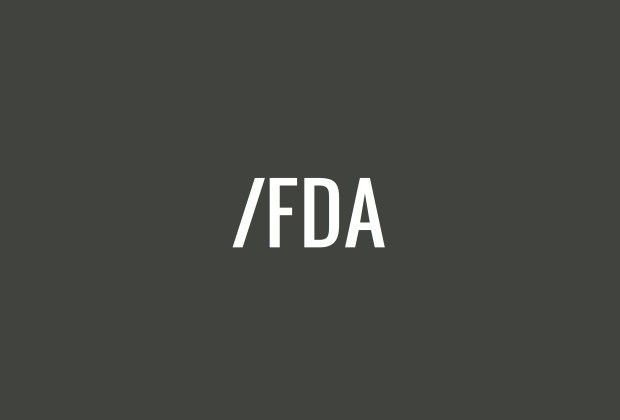Plans to ban flavored cigars and menthol cigarettes took a major step forward last week as both proposed rules cleared the White House Office of Management and Budget (OMB) on Thursday.
Last April, the U.S. Food & Drug Administration (FDA) announced that the agency planned to create new rules that would seek to ban the sale of flavored cigars and menthol cigarettes. At that time, FDA said the proposals would be announced within a year and last week’s movement would allow for that to happen. Last year’s announcement was made on April 29, leaving open the possibility that the proposed rules could be unveiled this week in keeping within the previously announced timeline.
Clearing OMB is one of a number of steps FDA must take before it can announce the rules, let alone put them into effect. The Office of Management and Budget is responsible for, amongst other things, making sure that executive agencies like FDA follow the appropriate laws and regulations regarding creating new policy actions. As part of this process, FDA will be required to show the potential economic impacts—both positive and negative—that these rules could have on the public, private industry and FDA itself.
OMB is also a place where intense lobbying takes place. There were 15 meetings at OMB on the flavored cigar rule and a variety of cigar industry figures met with OMB including:
- Patrick Anderson (lobbyist for the Premium Cigar Association)
- Joe Augustus (evp global affairs, government relations and external affairs at Swisher)
- Cory Bappert (vp of Cigar Rights of America; ceo of Oliva)
- Cody Carden (government and regulatory specialist at Cigar Rights of America)
- Mike Copperman (legislative director at Cigar Rights of America)
- Paul DiNino (lobbying for Cigar Rights of America)
- Andrew Perraut (lobbyist and former desk officer at OMB)
- Dennis Potter (lobbyist for Cigar Rights of America)
- Barry Schaevitz (Fox Rothschild, attorney for the Cigar Association of America)
- Mary Szarmach (Premium Cigar Association board member; Smoker Friendly International)
- Greg Zimmerman (president of Premium Cigar Association)
Of note, FDA and OMB officials were present for all meetings, which usually were divided towards meeting with people who would be tobacco-friendly or anti-tobacco. For example, no cigar industry personnel were present at March 24 meeting where OMB met with four people from the American Thoracic Society, conversely, no one from the National LGBT Cancer Network was present at a March 15 meeting when OMB and FDA met with various figures representing the Cigar Association of America.
While there were 15 meetings about flavored cigars, there were 38 about the planned ban on menthol cigarettes.
Whenever FDA announces the proposed rules, it will not mean that flavored cigars or menthol cigarettes are suddenly illegal. The next step will be the first of many before the agency can actually enact new regulations regarding these issues. Much as it did in 2014 with the deeming regulations, FDA is required to announce its proposed rules and then solicit feedback from citizens, businesses, advocacy groups and other government agencies—basically, anyone—about the proposed regulations and their impacts. It is then required to respond to those comments before it can announce a final rule. Once the final rule is announced, FDA will provide a timeline for the new regulations to go into effect.
There is no set timeline for this process and even the timeline FDA announces is unlikely to be followed due to expected lawsuits over the proposed rules. For context, FDA announced the deeming regulations as a proposed rule in May 2014, announced it as a final rule in May 2016 and enacted it on Aug. 8, 2016. However, very few of the more stringent provisions within the final rule went into effect on Aug. 8, 2016, almost every single deadline announced as part of the final rule was then delayed, and many of the parts of the deeming regulations have been invalidated by courts.
The next hearing on the cigar industry’s lawsuit regarding the deeming rules is scheduled for next week, that hearing is centered around whether FDA properly followed the rules when it came to responding to comments, analyzing the financial impacts of the regulations and other parts of executive agency procedures required before the final rule was enacted.


